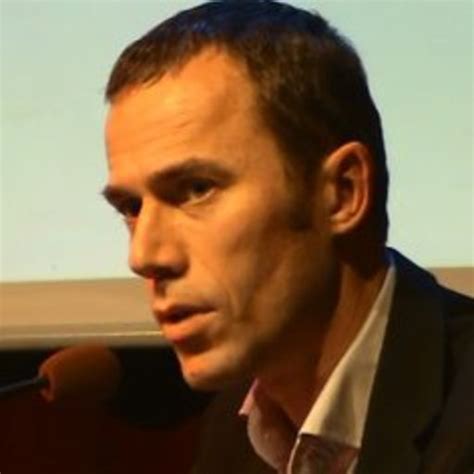A Quote by Baron d'Holbach
In Nature nothing; is mean or contemptible, and it is only pride, originating in a false idea of our superiority, which causes our contempt for some of her productions. In the eyes of Nature, however, the oyster that vegetates at the bottom of the sea is as dear and perfect as the proud biped who devours it.
Related Quotes
In such a world as ours the idle man is not so much a biped as a bivalve; and the wealth which breeds idleness, of which the English peerage is an example, and of which we are beginning to abound in specimens in this country, is only a sort of human oyster bed, where heirs and heiresses are planted, to spend a contemptible life of slothfulness in growing plump and succulent for the grave-worms' banquet.
Broader and deeper we must write our annals, from an ethical reformation, from an influx of the ever new, ever sanative conscience, if we would trulier express our central and wide-related nature, instead of this old chronology of selfishness and pride to which we have too long lent our eyes. Already that day exists for us, shines in on us at unawares, but the path of science and of letters is not the way into nature. The idiot, the Indian, the child, and unschooled farmer's boy, stand nearer to the light by which nature is to be read, than the dissector or the antiquary.
Mystical experience of nature can be of particular relevance to our troubled age, bringing deeper into our consciousness and emotions the logic that nature sustains humanity as humanity must, in turn, sustain nature. Rationality alone, however, cannot be our guide in the task of restoring our environment. A spiritual connection to nature must inspire the emotional commitment that is the yin, complementing the yang of intellectual understanding.
In short, Beauty is everywhere. It is not that she is lacking to our eye, but our eyes which fail to perceive her. Beauty is character and expression. Well, there is nothing in nature which has more character than the human body. In its strength and its grace it evokes the most varied images. One moment it resembles a flower: the bending torso is the stalk; the breasts, the head, and the splendor of the hair answer to the blossoming of the corolla. The next moment it recalls the pliant creeper, or the proud and upright sapling.
Nature. As the word is now commonly used it excludes nature's most interesting productions-the works of man. Nature is usually taken to mean mountains, rivers, clouds and undomesticated animals and plants. I am not indifferent to this half of nature, but it interests me much less than the other half.
Christ, in short, asks us to give everything, all our false redemption in the lifeboat, all our false ideas about who God is, all our trust in something other than God to redeem us. In so doing, we die to our broken natures in exchange for His perfect nature, and find unification with Him that will allow God to see us as one.
Time, which measures everything in our idea, and is often deficient to our schemes, is to nature endless and as nothing; it cannot limit that by which alone it had existence; and as the natural course of time, which to us seems infinite, cannot be bounded by any operation that may have an end, the progress of things upon this globe, that is, the course of nature, cannot be limited by time, which must proceed in a continual succession.
... the first thing his education demands is the provision of an environment in which he can develop the powers given him by nature. This does not mean just to amuse him and let him do what he likes. But it does mean that we have to adjust our minds to doing a work of collaboration with nature, to being obedient to one of her laws, the law which decrees that development comes from environmental experience.
Let us, then, take our compass; we are something, and we are not everything. The nature of our existence hides from us the knowledge of first beginnings which are born of the nothing; and the littleness of our being conceals from us the sight of the infinite. Our intellect holds the same position in the world of thought as our body occupies in the expanse of nature.


































